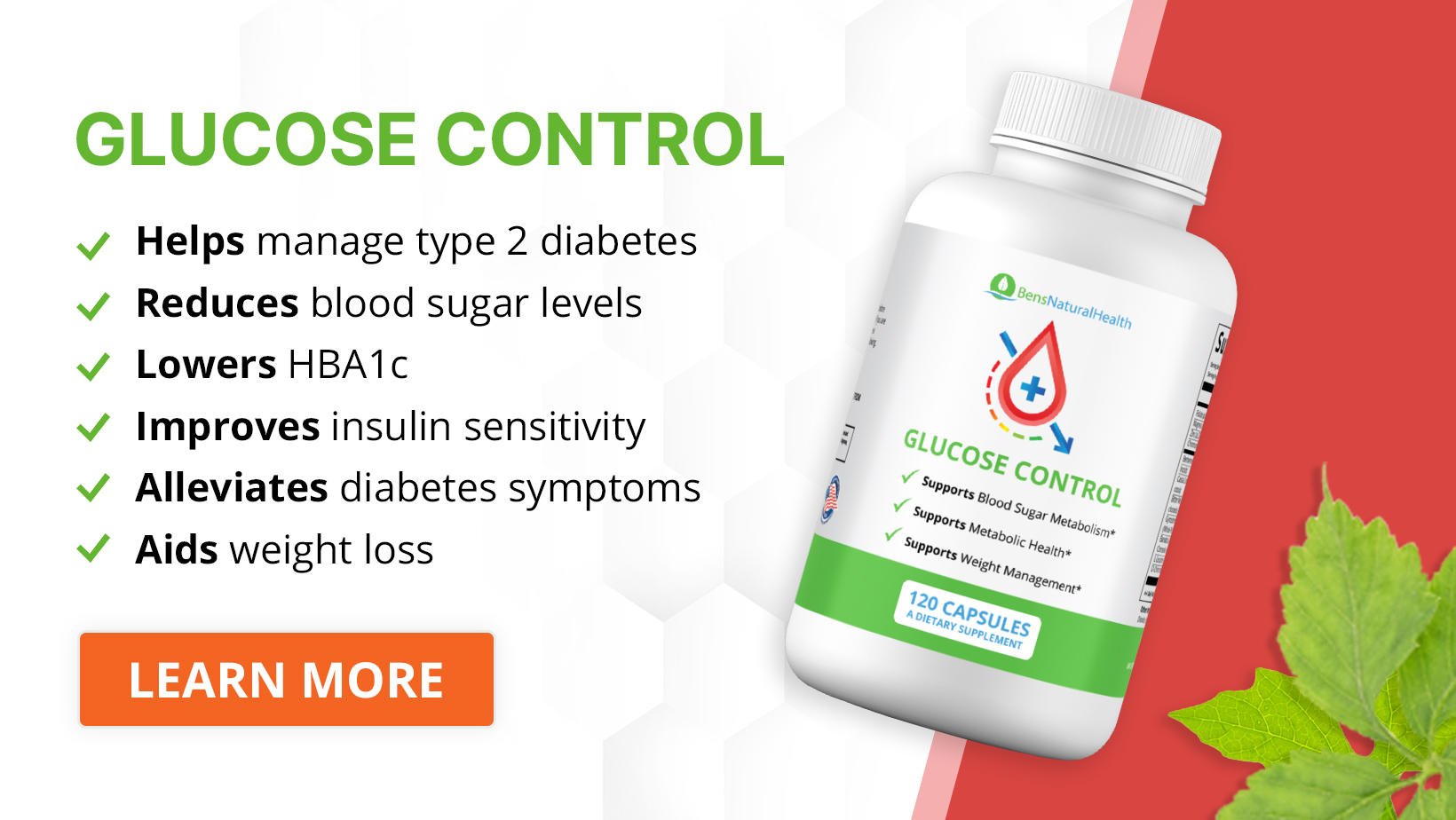Natural diabetes treatments are popular for those looking to manage their blood sugar levels without pharmaceuticals.
Herbs, spices, supplements, and many other natural remedies have been touted as diabetes cures, weight loss aids, and cleanses.
The issue is that not all of these natural treatments are necessarily backed by scientific evidence.
Apple cider vinegar is one example of a potential natural remedy for people to improve their blood glucose levels, but does it live up to the hype?
What Is Apple Cider Vinegar?
Apple cider vinegar (ACV) is fermented apple juice. Fermentation occurs when yeast ferments the juice, which then produces alcohol. Bacteria turn the alcohol into acetic acid, which gives vinegar its strong and unique taste.
Apple cider vinegar is sold both plain and with the “mother,” which is a combination of yeast and bacteria that form during fermentation. The “mother” usually appears in white strands and can make future batches of vinegar. Apple cider vinegar with the mother typically isn’t pasteurized since that would kill the bacteria and yeast.
You can take apple cider vinegar orally, but you can also use it in recipes and for other purposes like natural cleaning. Apple cider can also be turned into supplements such as apple cider vinegar gummies.

Can Apple Cider Vinegar Lower Blood Sugar Levels?
The scientific research behind the potential benefits of apple cider vinegar for diabetes is promising. But it’s not enough to confidently recommend it as a sure-fire way to manage your diabetes. Some studies on apple cider vinegar for diabetes have to do with the acetic acid in vinegar, not necessarily apple cider vinegar itself.
According to a small study, apple cider vinegar was administered (compared with a placebo drink) before participants ate a high-carbohydrate meal.
Participants with insulin resistance and type 2 diabetes consuming apple cider vinegar had significant improvements in insulin sensitivity and lowered post-meal blood sugar levels.
A randomized control study on 70 participants with type 2 diabetes and hyperlipidemia (high cholesterol levels and/or high blood fat) found that apple cider vinegar significantly reduced fasting blood sugar levels and also reduced markers of oxidative stress. The study didn’t seem to have an impact on blood pressure levels.
An animal study using a high-sugar/calorie diet concluded that apple cider vinegar helped lower blood sugar and cholesterol levels. Levels of HDL cholesterol, or “good cholesterol,” increased with vinegar administration.
One review of 16 studies looked at the impact of acetic acid (the active compound in all types of vinegar) on health found it to be a safe and effective way to improve fasting blood sugar levels in people with type 2 diabetes.
However, acetic acid consumption didn’t produce a significant change in hemoglobin A1c levels. Hemoglobin A1c is a better indicator of long-term blood sugar control than fasting blood sugar.
A review of studies on apple cider vinegar for diabetes noted that most studies have small sample sizes. We need studies on larger groups of test subjects before we can conclude that apple cider vinegar could benefit a larger population of people with diabetes.
Get Your FREE Diabetes Diet Plan
- 15 foods to naturally lower blood sugar levels
- 3 day sample meal plan
- Designed exclusively by our nutritionist
Other Potential Health Benefits of Apple Cider Vinegar for Diabetes
If you have type 2 diabetes, you’re probably aware that weight loss helps improve insulin sensitivity and blood sugar levels.
According to a study on 39 overweight and obese people, apple cider vinegar resulted in more weight loss (paired with a reduced-calorie diet). Apple cider vinegar also significantly reduced appetite, body mass index (BMI), hip circumference, total cholesterol levels, and triglyceride levels while increasing HDL “good” cholesterol.
Should Diabetics Consume Apple Cider Vinegar?
There is plenty of compelling evidence to support the potential benefits of apple cider vinegar for diabetes. Apple cider vinegar appears to be safe with minimal side effects, according to the studies completed so far.
You shouldn’t stop taking your diabetes medications to try apple cider vinegar. However, if you have diet-controlled type 2 diabetes or have prediabetes, apple cider vinegar might be a beneficial addition to your healthy lifestyle.
Regularly monitoring blood glucose levels is the best way to ascertain if apple cider vinegar is effective for you.
If you choose to take apple cider vinegar, make sure it’s diluted. Apple cider vinegar is highly acidic, which can damage tooth enamel. Undiluted apple cider vinegar might also exacerbate issues like heartburn due to its acidity.
Based on scientific studies, taking anywhere from one teaspoon to two tablespoons of ACV daily is a reasonable amount. Taking large amounts of ACV might lead to low blood potassium levels and dental problems.
Conclusion
There are several promising studies on the potential benefits of apple cider vinegar for diabetes. Some of these benefits include improved blood sugar control, improved insulin resistance, lowered cholesterol levels, and weight loss.
The studies on apple cider vinegar for diabetes have been on small test groups and not for long periods. Researchers have noted that we need studies need on larger groups of people and for longer durations to confirm the long-term efficacy of apple cider vinegar for diabetes.
The bottom line is that apple cider vinegar is considered safe. It likely won’t hurt anything if you want to try to add it to your treatment plan for diabetes. Don’t stop taking any of your medications to try apple cider vinegar. Always consult with your healthcare provider to assess your current care plan.
Explore More

Diabetes-Friendly Crock Pot Recipe: Turkey Bolognese Spaghetti Squash Noodles.







